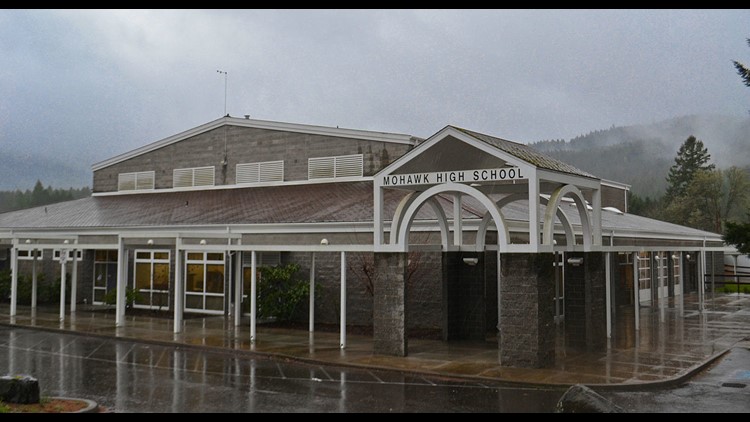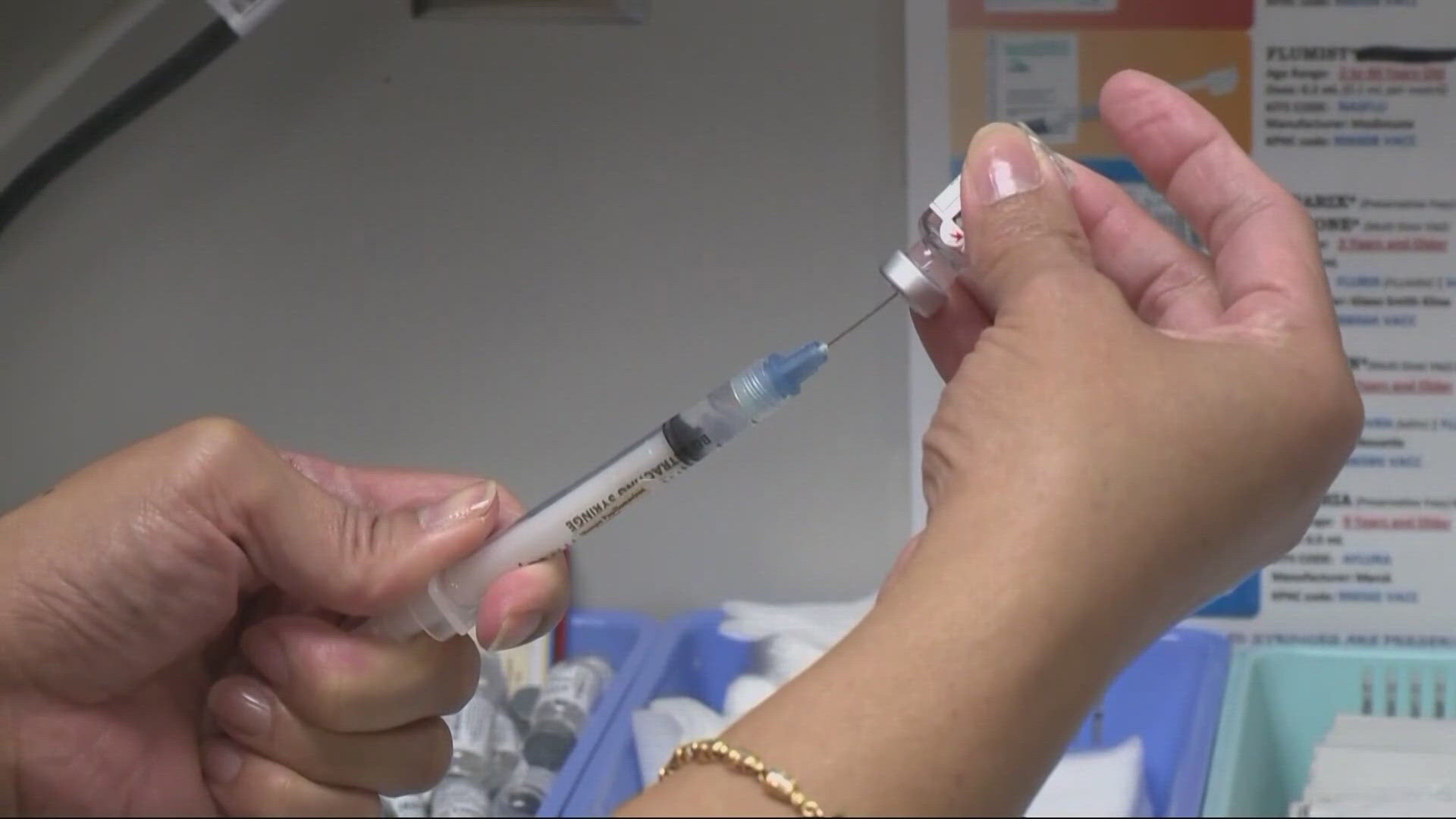MARCOLA, Oregon — Most elementary to high school students are on an extended spring break, with an end date that continues to be pushed back as the weeks go by.
But for Marcola School District located northeast of Springfield, class is still in session and teachers are instructing — it’s just all online.
When Gov. Kate Brown announced the closure of schools for the rest of March and then extended it to April 28, Superintendent Bill Watkins knew they had to modify how they would deliver instruction to more than 300 K-12 students.
He says that although the district initially had to scramble to get everything up and running, they were still prepared. His experience teaching in Alaska gave him the urgency and framework to ensure school could be taught online, he says.
“From Alaska, we had no choice but to deliver online instructions for kids,” he says. “When I got here, I knew we had to prepare for school closure, so we’ve been providing training for teachers and students how to connect to online instruction for the past four to five years.”
Teachers spent the first week working through some of the challenges, but they were all prepared and used to delivering some instruction online, Watkins says. Teachers in Marcola already have their classroom materials and assignments set up in Google Classroom — an online tool that allows students to access each class in the Cloud.
Then they ensured each student had a way to access Google Classroom. Some had computers at home, and district-owned Chromebooks were passed out to students who didn’t.
Each teacher instructs their classes in different ways. Some record videos for students to watch, and a few do it live so students can interact and answer questions in real time.
Chris Moon teaches 6th grade language arts and science and high school economics with the Marcola School District. He has students working through different online resources, like Khan Academy. He is also still teaching lessons through Google meetings and then translating assignments they are doing into daily life.
For an econ project, Moon had students create their own food truck menu. Some are making digital copies, and others make physical menus and upload pictures to the class page. The 6th graders will upload videos to discuss literature, and often students are able to talk with each other after class is over.
“The kids have really enjoyed getting to see each other every day,” Moon says.
Some issues remain to be worked through when it comes to moving school online, the biggest of which is equity, Moon says. Some parents may not have the resources for their kids to keep up on school work. For others it is difficult to access wifi, especially because Marcola is located in a rural area.
To help students without internet access, the district will allow them to come near the school to use wifi or have the teachers print packets for the student to work on. These packets can be picked up at the school or delivered.
For students who need extra help, some teachers are volunteering to do school, home or virtual visits with students while practicing social distancing measures. Other school workers have chosen to drop off packets or clean the school.
“All of our employees will remain employed and continue to get a paycheck. We do have other employees who are working on other tasks,” Moon says. Those teachers receive an additional stipend for the extra work.
Watkins says this situation, though not ideal, is providing students with more time to learn material from their classes.
“Learning is a constant, and time is a variable,” Watkins says. “We often get caught up in time, and we often don’t take enough time to drill down on instruction and see what students are actually doing.”
Marcola School District has been in contact with other superintendents, sharing how it makes online teaching work. It may be difficult for other larger school districts to replicate it, because of the numbers of students.
“I’m incredibly proud of our school district that we are able to pull this together,” Moon says. “I’m happy I’m working right now. And I’m happy we can continue to get kids this education.”
This article was originally published by the Eugene Weekly, one of more than a dozen news organizations throughout the state sharing their coverage of the novel coronavirus outbreak to help inform Oregonians about this evolving health issue.



